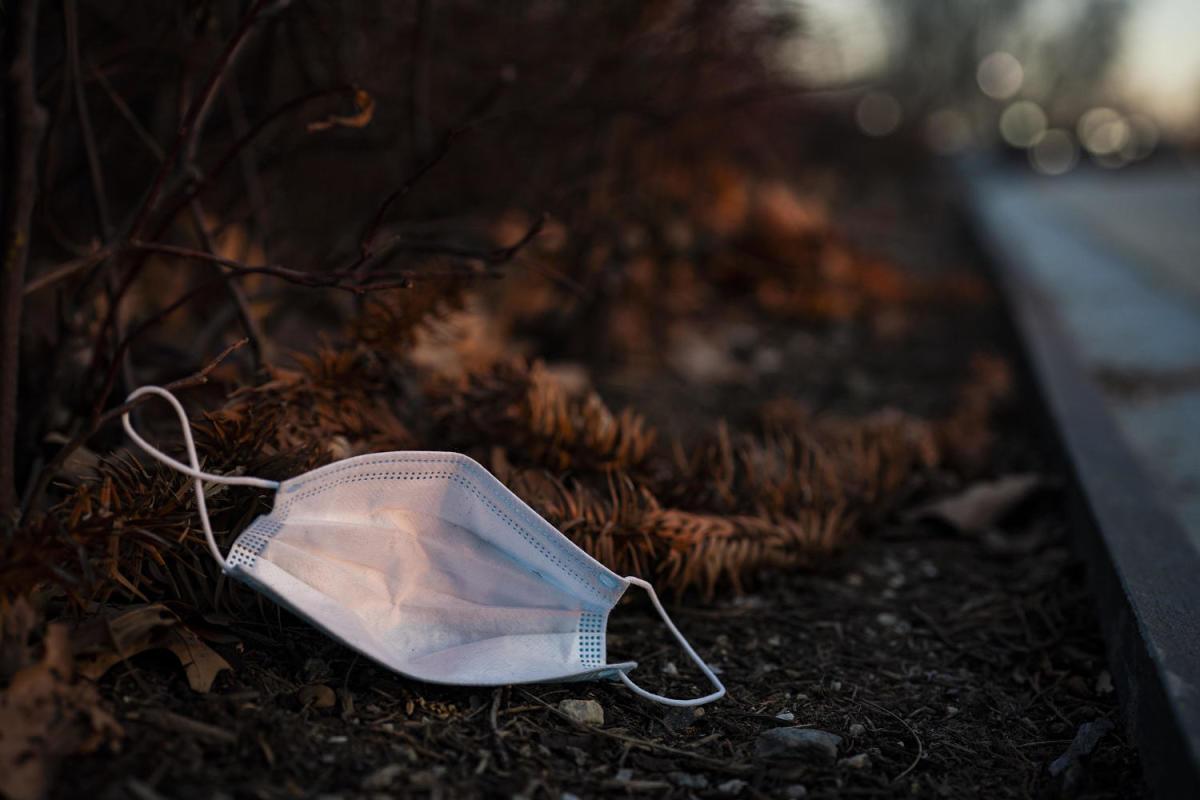A new COVID-19 variant named JN.1 is spreading rapidly across the globe, raising concerns among health experts. The World Health Organization (WHO) has designated JN.1 as a “variant of interest”, meaning it has genetic changes that could make it more transmissible or cause more severe disease.
Key Details About the JN.1 Variant
- First identified in the US in October 2022
- Now detected in at least 29 countries across the Americas, Europe, Asia and Africa
- Accounts for over 70% of COVID-19 cases in parts of the northeastern US
- Has mutations that could help it escape immunity from vaccination/prior infection
So far JN.1 does not appear to cause more severe disease than past variants like Omicron. However, experts warn it could spark a new wave of infections due to its rapid spread.
JN.1 Driving Up COVID-19 Cases Globally
The emergence of JN.1 comes as many countries are seeing an uptick in COVID-19 cases, likely fueled by this new variant.
In the past week, India has reported its highest daily case counts in 7 months. The country logged 614 new cases on December 21st – a nearly 50% jump from the previous day. Experts believe JN.1 is likely contributing to the sudden surge. Six COVID-related deaths were also recorded on December 20th, the highest figure seen since June.
Other nations seeing concerning spikes likely linked to JN.1 include:
- UK – case rates have tripled over the past month
- US – northeast in particular seeing high community spread
- China – end of zero-COVID policy and lack of population immunity driving rebound
Soaring COVID-19 cases before the holidays have health experts concerned.
With JN.1 outbreaks occurring right before the busy holiday travel season in many Western countries, experts worry case counts could accelerate further as people gather and spread the virus. Wastewater surveillance data from the Boston area already shows a spike in COVID-19 traces, likely driven by JN.1. Dr. Soumya Swaminathan, former Chief Scientist at WHO, warns “it’s time we stop taking the virus lightly.”
JN.1’s Concerning Mutations
Experts are closely monitoring JN.1 due to the specific mutations it harbors. Genetic sequencing has revealed:
- A mutation called R346T, whichhelps coronaviruses attach to human cells more efficiently
- Deletions and mutations in parts of the spike protein targeted by neutralizing antibodies
- A 486 deletion on the spike similar to Alpha and Delta variants
This combination of mutations suggests JN.1 is highly adept at evading existing immune protection offered by vaccination and previous infection. Lab studies confirm antibodies from approved COVID-19 vaccines are significantly less effective at neutralizing JN.1 compared to past variants.
Research also shows JN.1 replicates faster than Omicron variants, hinting at higher intrinsic transmissibility. All evidence indicates this new variant will continue spreading rapidly wherever immunity gaps emerge.
JN.1 Symptoms Largely Resemble Previous Variants
Thus far, symptoms caused by JN.1 appear very similar to previous versions of Omicron:
- Cough
- Fatigue
- Congestion
- Sore throat
- Fever
A few differences reported in some JN.1 cases:
- More intense body aches
- Noticeable chills
- Severe night sweats
- Nausea/vomiting
But most infected individuals experience mild, cold-like symptoms that can be managed at home without hospitalization. There are no signs yet that JN.1 causes more severe outcomes. However, experts caution it still poses a danger to vulnerable groups if case rates rise substantially.
Health Officials’ Advice to the Public
With a more immune-evasive variant now circulating, health organizations are advising people take reasonable precautions while avoiding panic:
- Get updated COVID-19 boosters to broaden antibody protection
- Wear high-quality, well-fitted masks in crowded indoor settings
- Stay home when sick; test if experiencing COVID-like symptoms
- Improve indoor ventilation and air filtration where possible
Officials also recommend avoiding large gatherings, maintaining social distancing, and regular hand washing.
Some experts believe bringing back mandates like indoor masking rules could help curb JN.1’s spread. However, most public health leaders seem reluctant to reintroduce controversial pandemic-era restrictions at this stage. They emphasize that tried and true protective measures like masking and vaccination remain the best tools for controlling infection rates.
What Happens Next With JN.1
It remains unclear whether JN.1 will completely displace currently dominant Omicron offshoots like BQ.1.1 or spark just a temporary surge in cases. But its genetic changes and rapid spread so far mark it as a variant that everyone must take seriously.
JN.1 serves as an important reminder that COVID-19 will likely keep mutating as long as widespread transmission continues. It also highlights the need to keep improving vaccines and access for vulnerable groups. As WHO officials stress, the pandemic is far from over until global immunity gaps close.
Ongoing genetic sequencing and real-world data will reveal more about JN.1’s risk profile in coming weeks. But already, its global ascent makes this an ominous development in the fight against COVID-19. People everywhere must remain vigilant and do their part to help slow the spread of new concerning coronavirus variants like JN.1.
To err is human, but AI does it too. Whilst factual data is used in the production of these articles, the content is written entirely by AI. Double check any facts you intend to rely on with another source.



![Related image from CNN Travel [https://www.cnn.com/travel]](https://www.bridgeguys.com/wp-content/uploads/2023/12/news_about_covid_19-150x150.jpg)
